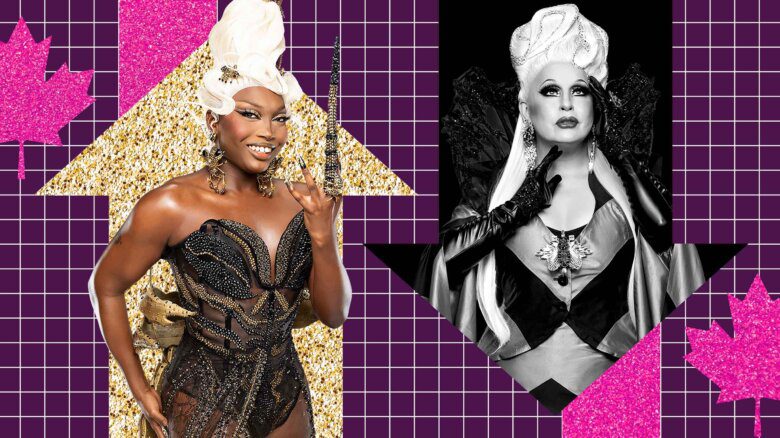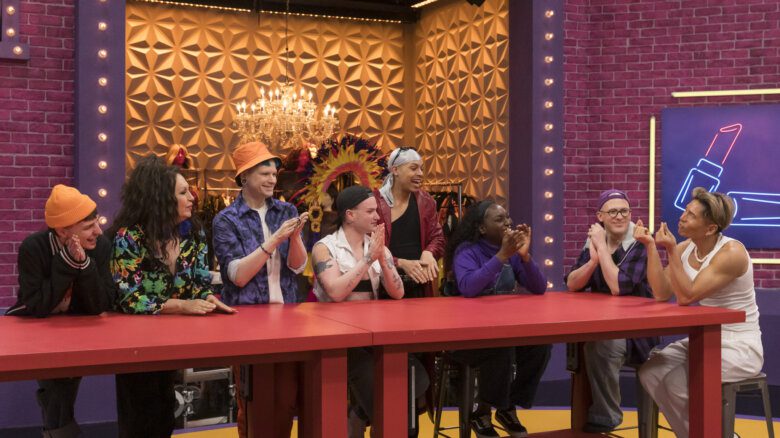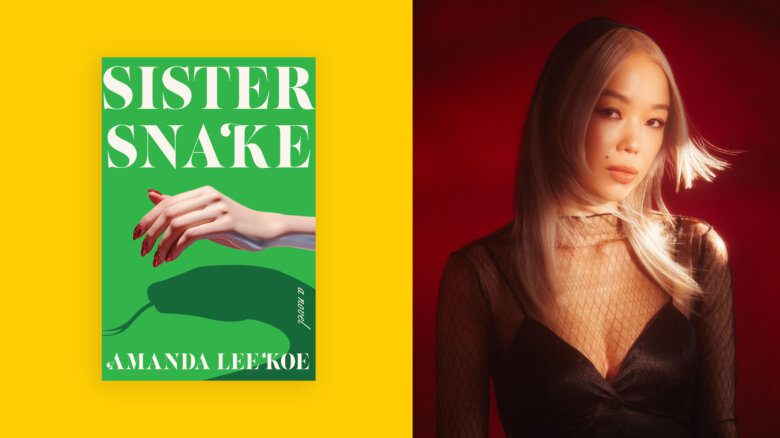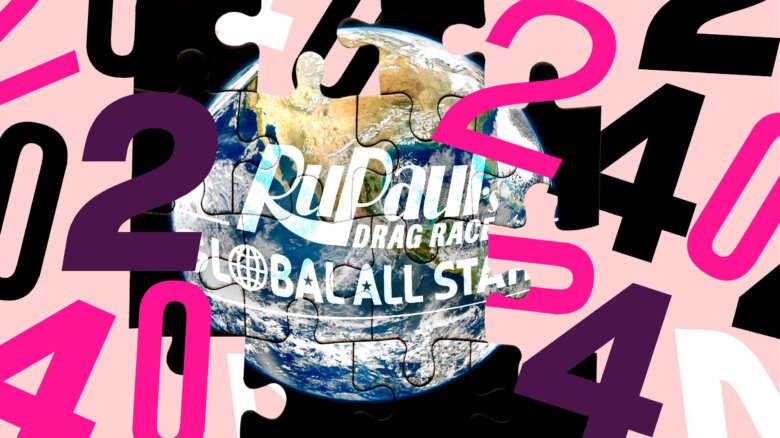I am not a crier.
You think being the self-indulgent and whiney prat that I am; the slightest thing would send me off into emotional collapse. I suppose it is that rugged and raw male machismo I have cultivated in my adulthood that keeps the floodgates locked. I can count only a few times in the last decade when I have truly been in the throes of a crying fit.
There was that 30-minute period when I was convinced my cat had run away from home. My eyes had swollen shut and my clothes had been drenched in tears. Turns out she was hiding in the basement.
Then there was the time I moved away from my roommate of seven years and just about lost it all together. I spent my first night in my new home reminiscing over the good times and the bad with an industrial pack of two-ply toilet paper.
Other than that, very little has made me cry.
The dry spell, a form of emotional drought, was ended promptly after seeing Gus Van Sant’s biopic Milk.
There I was watching the insanely talented Sean Penn portray one of the gay rights movement’s fearless heroes when, low and behold, a misting of the eyes, a slight trickle down the cheek, to an all-out mucus dumping tear fest.
As the end credits rolled, I couldn’t stifle the need to balls my eyes out. I decided not to fight it.
I often resent when films try to make me cry. I loathe a manipulative narrative that would see me reduced to tears just to form some emotional connection with the story.
Few films have made me cave. Babe was one of them. Dead Man Walking (with the fabulous Sean Penn) was another. So Milk came as quite a shock.
Why the waterworks then?
When I began my search for a sense of community, I wanted to find out where I stood within it. As a disenchanted hermit, I wanted to find a connection to something bigger than myself.
Since I am a homebody and find immeasurable pleasure in television viewing, I thought the answers could only be found outside my hovel. Films and series always functioned as a means of escape from the world outside. After seeing Milk, I began to realize the significance certain films have had in my life.
I came out of the closet on the 50th anniversary of D-Day in 1994. It was a good year for me.
My willingness to come out was tweaked by a supportive network of friends and siblings. However, it was the release of Philadelphia and, a few short months later. Reality Bites that gave me that extra push.
Growing up, there hadn’t been a great deal of mainstream films that included positive depictions of gay life. Eighties teen comedies seemed to bask in a light homophobic stew. Crime dramas and thrillers often showed queers either meeting a razor’s edge or embarking on a homicidal rampage.
Philadelphia represented a shift in gay representation. The audience was asked to sympathize with the central gay character’s plight. Though the film is far from perfect and waters down the relationship between Tom Hanks and Antonio Banderas, its heart seemed to be in the right place.
Reality Bites truly broke ground for me. I will never forget the scene when recently outed Sammy rehearses a coming-out speech to his mother. Here, an ordinary guy is coming to grips with his life. I saw a lot of myself in him and my friends in the supporting cast.
Gay stories have always been popular within independent cinema. But the moments when those stories make it into mainstream cinemas, fill up endless space in popular magazines and generate Oscar buzz have been rare.
A few years ago, we saw Brokeback Mountain lose a much-deserved Oscar to that preachy, mind-numbingly condescending film Crash.
Which brings me back to Harvey Milk and the crying hysterics.
I sat through that movie with a lump in my throat from beginning to end.
Every now and then throughout the film, I felt compelled to cry. It became harder and harder to distance myself from what was happening on screen. By the time the end credits were rolling, I gave up my defenses and let it wash over me.
Although I cried over what had happened to Harvey Milk, my tears almost had little to do with the actual film. I began to think of the time I was born. It was 1976. This was the time Milk and others were struggling to gain and maintain gay rights. It was the era after Stonewall and before the AIDS crisis, when an icon was created in America’s first openly gay politician.
As a gay man in my early 30s, I often take for granted the freedoms I enjoy. I can see how far the gay movement has come in the last 10 years, but I had given little thought to how gays had lived in the generations before my own.
Milk helped give me a context to understand the nature of gay rights. I feel I now benefit from the number of activists who sacrificed a great deal and fought hard to help me feel safe, free and accepted.
 Why you can trust Xtra
Why you can trust Xtra


